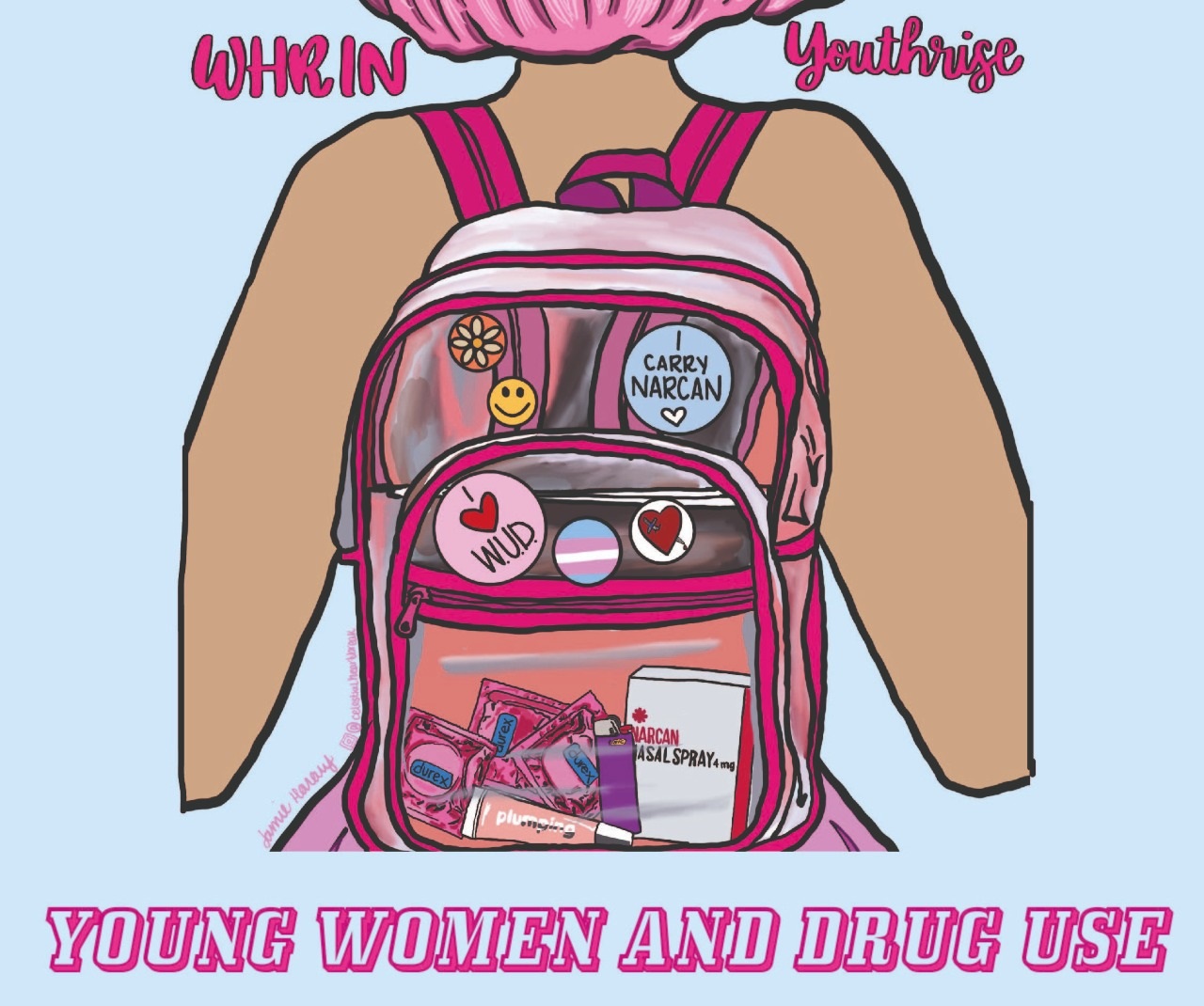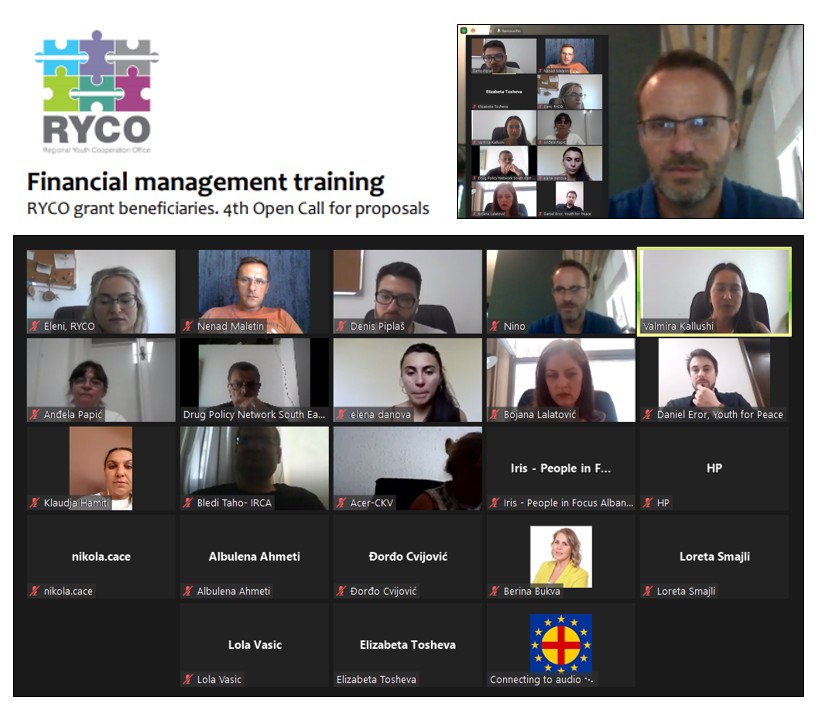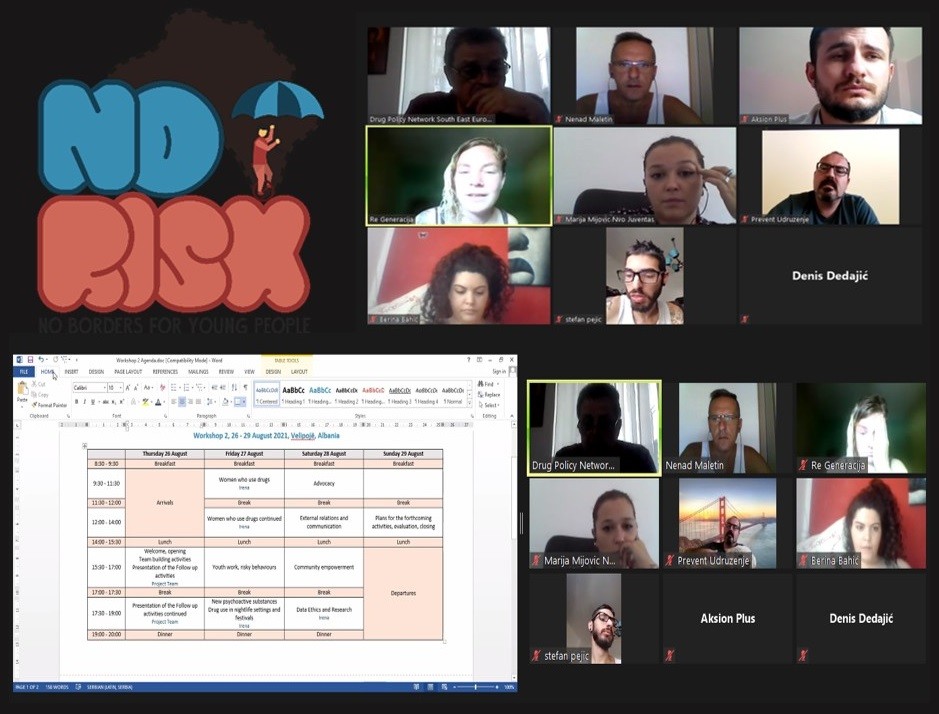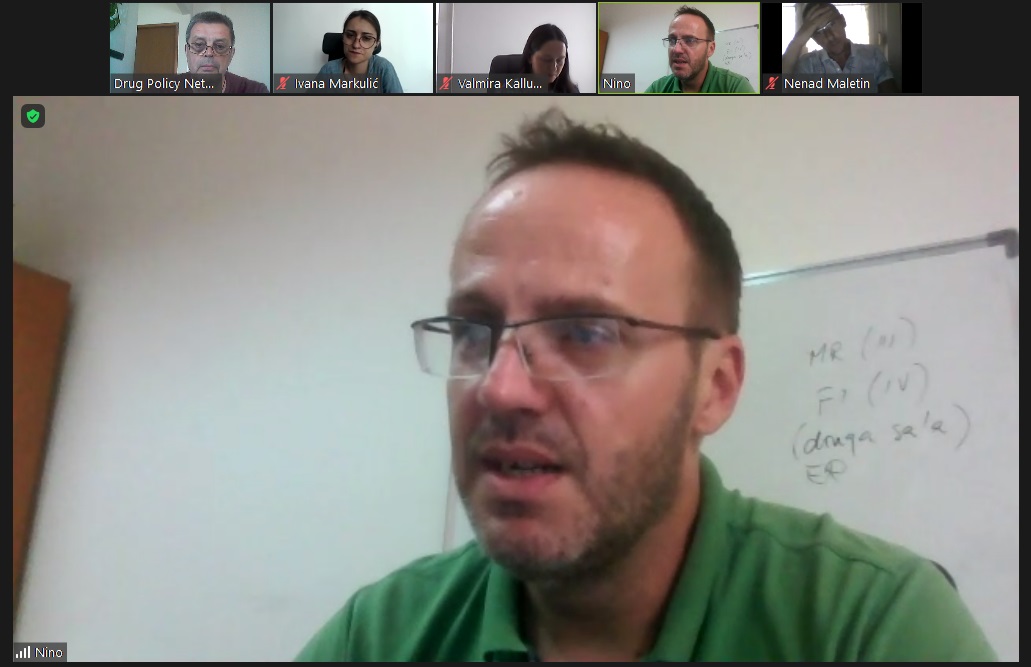IDPC published a historical analysis of civil society advocacy for drug policy reform at the UN, assessing gains, challenges and insight on how the latter have been generally overcome. The “Turning the tide: Growth, visibility and impact of the civil society drug policy reform movement at the UN” briefing paper offers a historical analysis of civil society advocacy for drug policy reform at the UN, assessing the many gains made and challenges encountered over time – and ways in which reform-oriented civil society has met, resisted, and generally overcome, these challenges. This paper is based on desk research, discussions with advocates involved in the key events discussed in the paper, and the lived experiences of the authors, and so is naturally weighted more to the recent moments such as Beyond 2008, the 2016 UNGASS, the 2019 Ministerial Segment, and the advent of the COVID-19 pandemic.
Key international drug policy moments studied in this report – including the 1998 and 2016 UN General Assembly Special Sessions (UNGASS) on drugs, the 2009 High Level Segment and its 10year review in 2019 in particular – have created the momentum for civil society to engage in, and influence, global drug policy debates.
The participation of a wide range of reform-minded civil society representatives – including affected communities of people who use drugs, people in recovery, patients using medicinal cannabis or essential medicines for pain relief, farmers of crops used for illegal drug production, formerly incarcerated people and others – has had an undeniable impact on UN drug policy events, elevating real lived experience from the ground at often dry and bureaucratic debates in Vienna.
 To read the briefing paper, follow this link>>>.
To read the briefing paper, follow this link>>>.



 To read the briefing paper,
To read the briefing paper, 









 To read this technical assistance directory,
To read this technical assistance directory, 